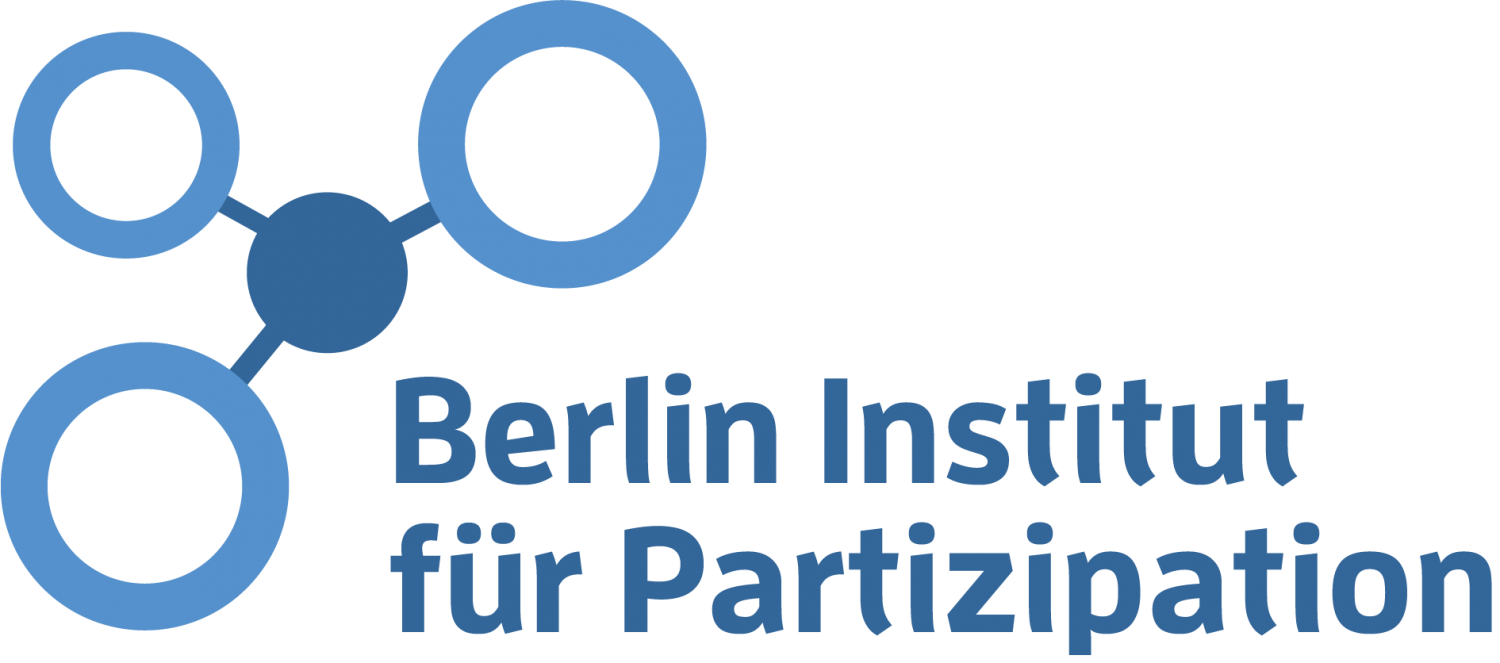Förderprogramm „Gut beraten!“
 Foto: Allianz für Beteiligung
Foto: Allianz für Beteiligung
Sie leben in einer Kleinstadt oder einer kleinen Gemeinde in Baden-Württemberg, sind zivilgesellschaftlich aktiv und wollen ihr eigenes Umfeld lebenswerter gestalten? Sie haben eine Idee, wissen aber nicht genau, wie Sie das Projekt angehen und abwickeln sollen? Dann haben wir etwas für Sie:
Mit dem Förderprogramm „Gut beraten!“ werden bereits zum achten Mal Ideen gefördert, die der Zukunftssicherung dienen und die Zivilgesellschaft fördern. Antragsberechtigt sind Bürgerinitiativen, Vereine, Verbände und ähnliche Initiativen, die in Städten und Gemeinden mit maximal 80.000 Menschen aktiv sind.
Das Förderprogramm stellt ausgewählten Projekten bis zu 4000 € zu Verfügung, um Beratungsleistungen durch Experten zu erhalten. Sie werden so bei typischen Aufgaben des Projektmanagements im Rahmen der Projektentwicklung, -organisation und -abwicklung unterstützt. Zudem ermöglicht eine Netzwerkveranstaltung einen Erfahrungsaustausch mit anderen geförderten Projekten.
Bewerben können Sie sich bis zum 16. Oktober 2017. Weitere Informationen zum Programm inklusive der Bewerbungsunterlagen finden sie hier.
Literaturhinweise
Politische Teilhabe von Migrantinnen*selbstorganisationen mit Fokus auf ihre Lobby- und Gremienarbeit Forschungsbericht
DaMigra e.V. – Dachverband der Migrantinnenorganisationen 2020, ISBN: 978-3-9819672-2-7.
Kasachstans autoritäre Partizipationspolitik Forschungsbericht
SWP-Studie Stiftung Wissenschaft und Politik, Deutsches Institut für Internationale Politik und Sicherheit Berlin, 2019, ISBN: 1611-6372.
In: Linguistik Online: Sprache und Demokratie, Bd. 73, Nr. 4, 2015.
